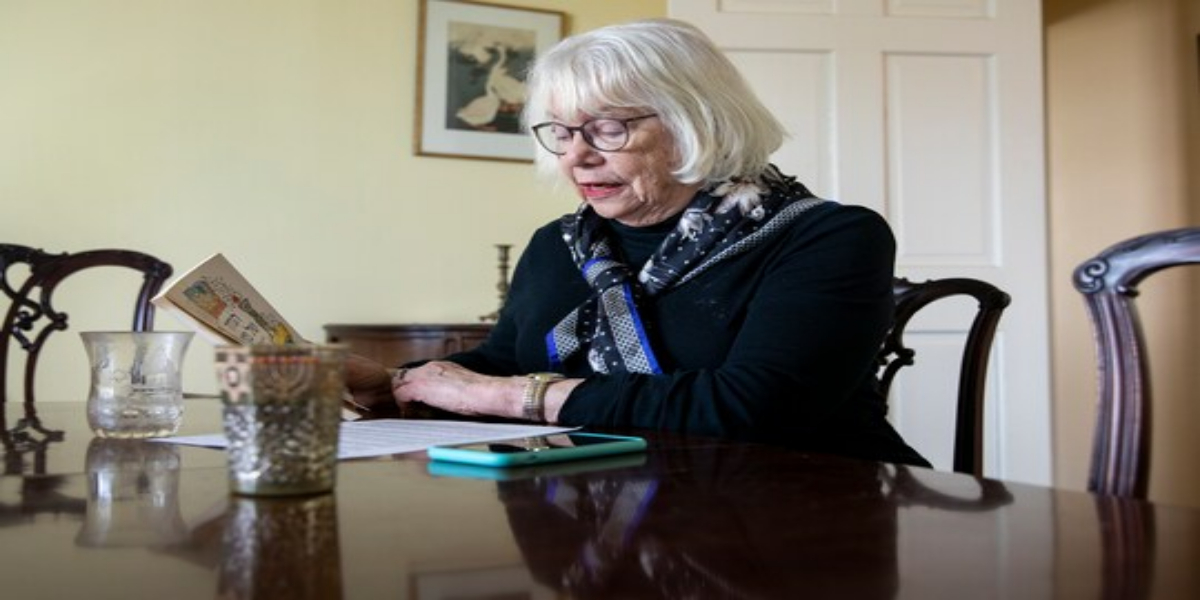This year, Rabbi Julie Schonfeld will perform her normal ceremonies. She’ll tidy up and throw out leavened foods.
She’ll make matzoh ball soup and tzimmes (sweet potato and carrot stew).
Once the Haggadah has been read, Schonfeld will add a new practice: saying an original prayer she created this year to relate the history of Israelites fleeing slavery in Egypt to contemporary migrants seeking freedom.
With the world’s eyes on the refugee crisis in Ukraine, Schonfeld said she wants to raise awareness that those abandoning their homes in Ukraine risk being trafficked, just as Jews believe the ancient Israelites were enslaved after fleeing starvation. An extra prayer for Passover, the widely recognised Jewish festival that begins Friday at dusk, felt fitting to Schonfeld.
“In every generation, we must see ourselves as if we personally left Egypt,” said Schonfeld, CEO emeritus of the Rabbinical Assembly, an international association of Conservative rabbis. “We don’t need to just imagine this, right? People are living through this.”
It is part of a centuries-old passage of the Haggadah that portrays four archetypal youngsters and their reactions to learning about the Israelites’ escape.
The clever child, the rebellious child, the simple child, and the youngster who cannot ask are all ways to explain the Passover story.
The new prayer invites Jews to think about the 33 million children who will be displaced by 2020, according to UNICEF, and the millions of Ukrainian children who have fled as Russian armies invade their nation.
“The Fifth Child” exhorts Christians to identify themselves as Israelites in the Passover tale and to assist current migrants.
“By reading the Haggadah at the Passover Seder, we acknowledge that the Exodus is not only a story from ancient times but a story for all times,” the prayer says.
Incorporating Schonfeld’s refugee prayer into her Seder will help Jacqueline Eyl relate the ancient Israelites to the modern-day exodus.
After reading the prayer, Eyl plans to open up discussion on how she and her guests might establish homes for displaced persons.
“So many individuals and families are going through that journey right now, all around us, all the time,” said Eyl, who lives in Northwest Washington. “So it forces us to think about what is freedom, what is home, what is safety, what does it mean to us and how valuable it is to us.”
[embedpost slug=”/a-muslim-doctor-saved-a-jewish-girls-life/”]

















